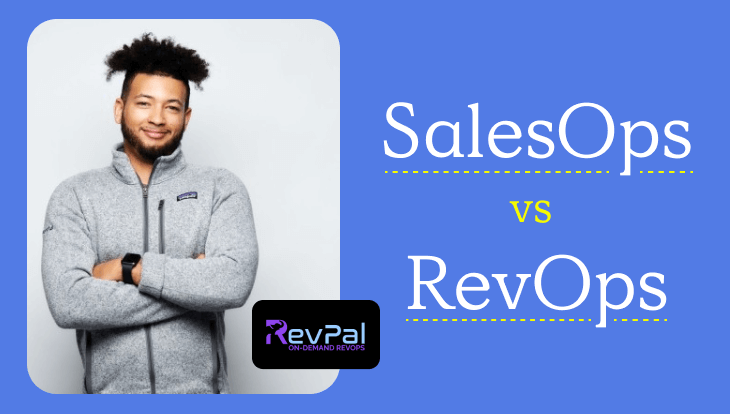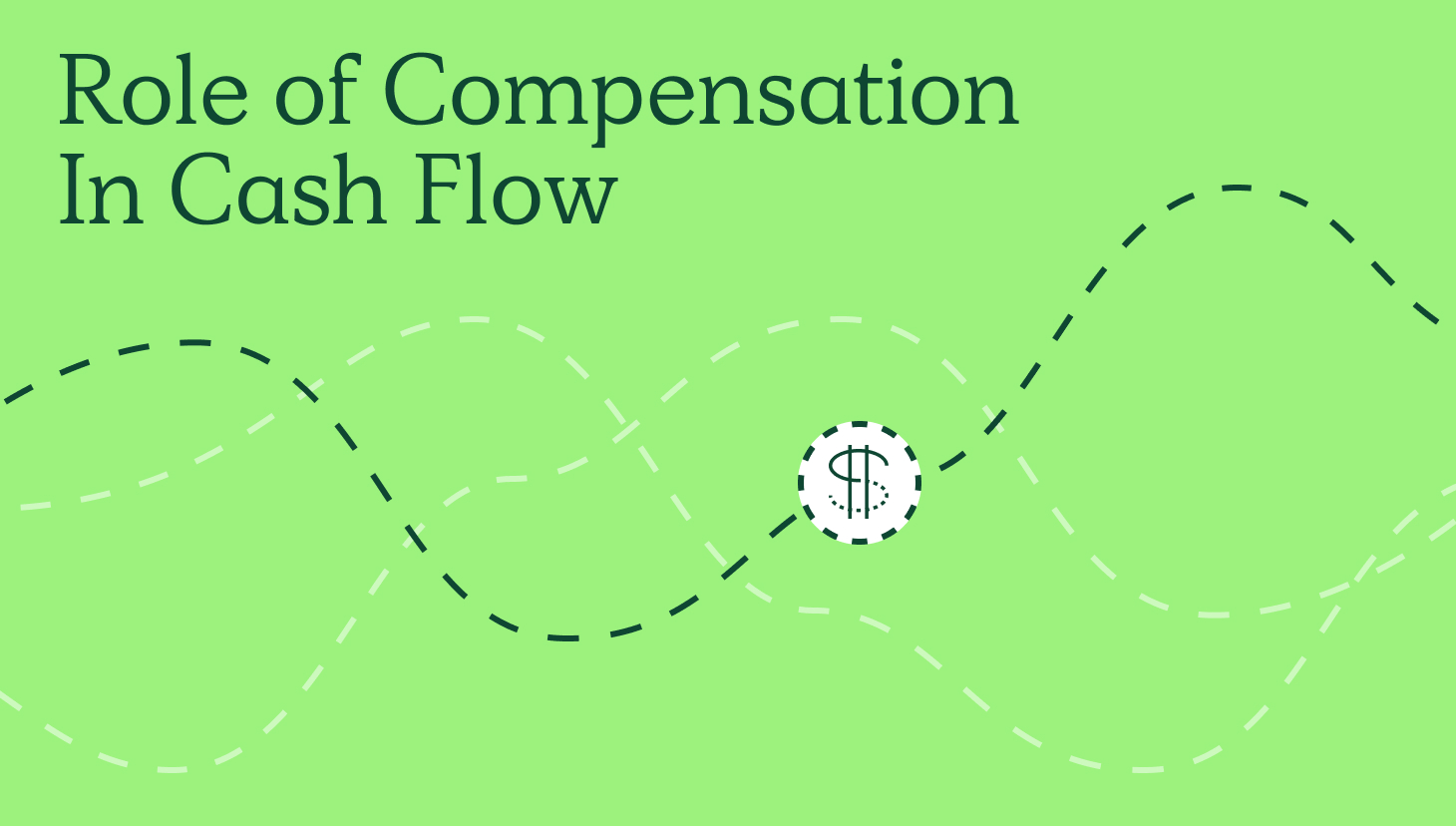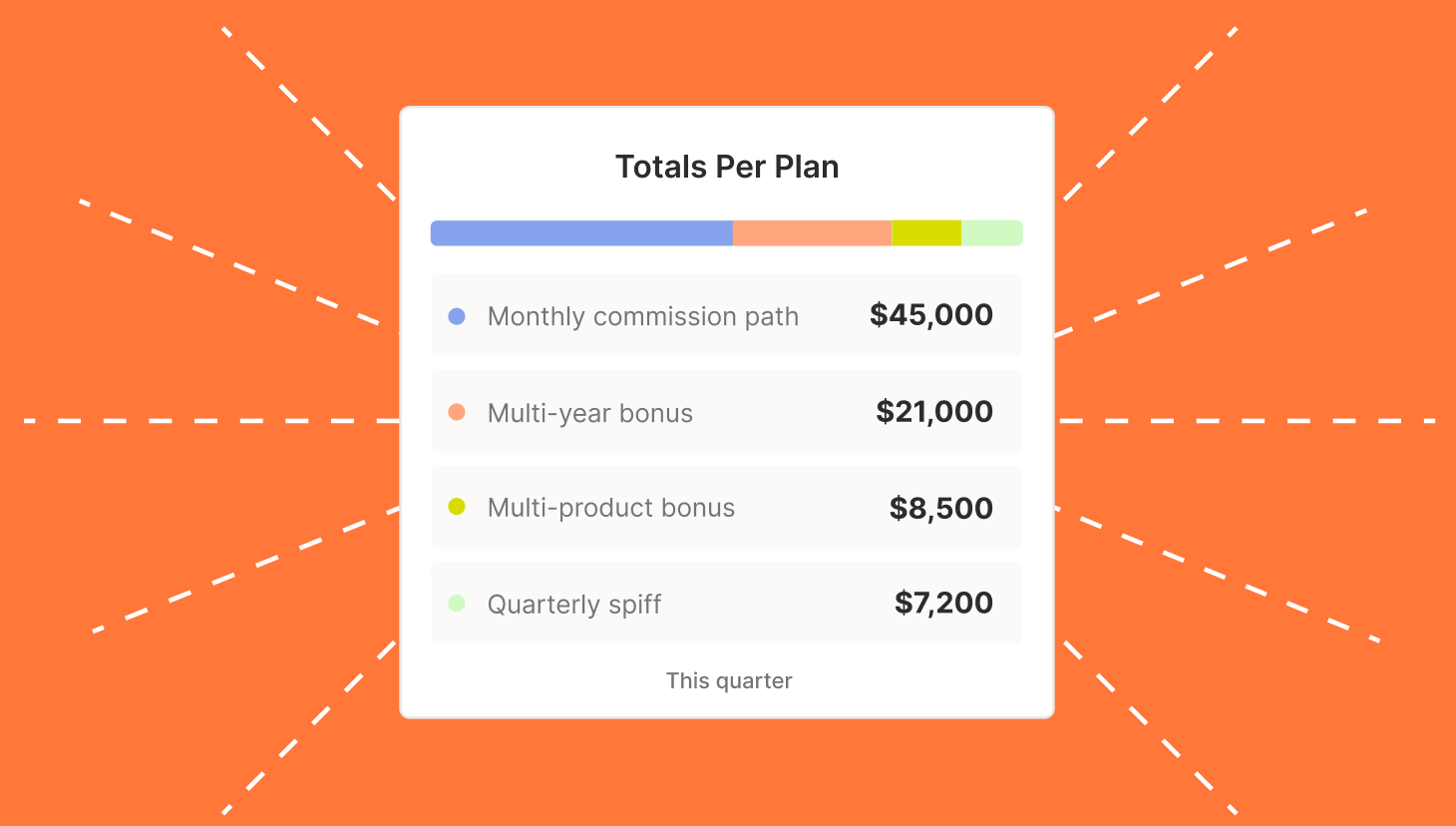Revenue Operations (RevOps) ranks No. 1 on LinkedIn’s Jobs on the Rise list for 2023.
Still, despite its increasing popularity and massive impact driving revenue, some confusion exists around the role, particularly on how it differs from Sales Ops.
RevOps aims to combine and align all the operations, systems, and data that support revenue teams throughout the revenue cycle to achieve more consistent and scalable growth. However, businesses that wish to transition from the traditional siloed and disparate operations teams to a consolidated RevOps team are left to decipher the difference between RevOps and Sales Ops.
Streamline commissions for your RevOps, Finance, and Sales teams
Design, track, and manage variable incentives with QuotaPath. Give your RevOps, finance, and sales teams transparency into sales compensation.
Talk to SalesWhile Sales Ops optimizes the sales process and exclusively supports the sales teams in lead generation, lead qualification, and opportunity management, RevOps takes a more holistic approach to revenue generation and encompasses all aspects of the customer lifecycle, including marketing, sales, and customer success.
But there’s more to it than just that, and to help us understand the difference between Sales Ops and RevOps, we connected with Christian Freese who made the move to RevOps two years ago.
Below, check out our Q&A and learn how Christian prepared for the role change and advice for those looking to do the same.
Meet Christian Freese
Christian Freese, who kicked off his tech Ops career in 2014 at the Bay Area logistics company OnTrac, worked in Sales Ops for 7 years. During this time, he developed a keen interest in RevOps, seeing the need for a more cohesive operations team. This inspired Christian to pivot to RevOps in 2021 at Tapcart. Then in 2022, Christian founded RevPal, a RevOps as a service company that drives predictive revenue by strategically integrating GTM teams, tools, and processes to increase lead quality and enable sellers to sell more.
RevOps vs Sales Op: Q&A
What is your background in SalesOps and RevOps?
Christian: I started in sales operations at the beginning of my career. I was hired as a sales admin at the first tech company I worked for while attending college and saw an opportunity for improvement from the start.
As a sales admin, I checked boxes: we shipped the PO, made sure it went to the right address, and moved it over to CS. As I did this, I noticed many inefficiencies between the go-to-market (GTM) team handoffs, like marketing, sales, customer success, and partnerships. So, I jumped in and started interfacing with the GTM leaders and fixing the systems.
I found a passion for it, and after about two and a half years, I got laid off. Then, I became an analyst on the deal desk side for Aerohive Networks, where I gained good exposure. Although technically a Sales Operations analyst, I sat on the deal desk and reported directly to the senior director, who reported to the CRO. That enabled a ton of visibility for me, and I started to see the benefits of not having siloed sales ops.
That’s how I ended up in RevOps at a company called Contentful.
After Contentful, I was ready to head my first RevOps team. So, I jumped over to a company called Tapcart, where I was hired as their first RevOps hire, Director of Revenue Operations. This was a series A company fresh off funding, and I built a team from one to four people before my departure.
What inspired your shift to RevOps?
Christian: I was ready to contribute to the bigger picture. I wanted to get into RevOps because things tend to get lost in transition when you have so many people across different GTM teams handling them.
My initial interest in RevOps sparked from my desire to get better across the entire funnel — not just the top.
“I wanted to work with a VP of Marketing on campaigns and messaging, a Customer Success leader on retention and customer satisfaction, and a Sales leader to drive revenue by coming up with strategic outbound plays. But I also wanted to drive revenue.”
Christian Freese
What are the key differences between RevOps and Sales Ops?
Christian: In Sales Operations, you’re more top-of-funnel focused. You’re typically under the VP of Sales, which is your focus. When you have a sales operations org, that generally means you have other siloed GTM teams like Marketing Operations or Customer Success Operations, all of which hold a piece of the pie.
By contrast, RevOps oversees everything that drives revenue: customer success, marketing, sales, and partnerships.
How did your responsibilities change?
Christian: When you move from SalesOps to RevOps you go from worrying about one department to the organization as a whole. Your level of responsibility is so much greater with RevOps because of its holistic overview of the company, not just a singular focus.
What challenges did you face in moving to RevOps?
Christian: In Sales Ops, I only had to get close to the VP of Sales. That was my job. I needed to gain his trust, build these metrics, and alert him if the pipeline was down. But, in RevOps, you need to do that for four, five, or six individuals — plus the board.
You’re also dealing with a lot of different personalities.
You might have the most amazing VP of Customer Success who is open, you provide visibility, and a VP of Sales who might be a bit more standoffish. So, you need maturity to know how to approach these situations and gain their trust. Because if you don’t trust one GTM leader, then everything you’re doing is all for not.
Then, there’s this common misconception that RevOps is just someone who should be Salesforce certified and take orders. This may be true of RevOps managers while they’re still learning the ropes to become leaders. But, a RevOps leader should look two miles ahead and let you know if there’s anything coming.
The challenge is ensuring they understand I’m not just some back-office guy building your Salesforce instance. I’m here to alert you when the pipeline is dangerously low. I’m looking at the business bank account, understanding that we have one or two years of runway.
I overcame these by developing organization and communication skills to stay on top of all the details and build trusted relationships.
Try QuotaPath for free
Try the most collaborative solution to manage, track and payout variable compensation. Calculate commissions and pay your team accurately, and on time.
Start TrialWhat other opportunities did you see in shifting to RevOps?
Christian: RevOps sometimes morphs, at least in the B2B startup world, into business operations. Because I’m checking in with the CEO every week, we’re going over the runway, we’re talking spend, and we’re talking about where we can cut costs to avoid these layoffs.
Is it common for organizations to have both SalesOps and RevOps teams?
Christian: That would be very odd to have a revenue operations team, a sales ops team, and a marketing ops team.
You might see this at a business in transition with a siloed sales ops team trying to bring operations together by hiring a well-established revenue leader. Otherwise, it is not common.
What’s surprised you about the role of RevOps, or what have you learned since moving to RevOps?
Christian: The downplay of the importance of the role. It’s common to hear RevOps professionals feeling left out and not getting a seat at the table, even when you provide that guidance to the company.
This is where it goes back to building that trust, those relationships, communicating, and ensuring that you don’t fall into the system admin type of thing. But I was surprised at just having to do that. Someone hired me and paid me a generous salary with all these shares and perks. Yet, it’s like, “What do you RevOps guys do?”
At first, I thought it was me. So, I started networking with other revenue operations pros with three times as much experience as I do. And it was the same story across the board.
The key is bringing alignment across the different organizations.
The problem is that many companies hire someone as the Director or Head of RevOps who doesn’t have leadership experience. So, you’re setting people up to fail unless they’re naturally just good at figuring out how to get a seat at the table.
Lastly, what advice would you offer someone looking to make the same move?
Christian: I would spend the time you’re in sales ops to learn and build those relationships internally with your current company. If you’re not working for somebody, join RevOps Slack groups and get some mentors.
Start understanding the full funnel view of a company, from the inception of a lead to an opportunity, a deal, the handover to CS, and through to an upsell or cross-sell. Understand the responsibilities of every GTM function. You don’t have to be an expert in each one because a good RevOps person, in my opinion, is a generalist.
“Anyone who learns each role will be one of the best in this business. That’s the secret sauce.”
Christian Freese
They know a little bit about everything and have the leadership ability to build a team that can really build out what you’re planning.
Also, get familiar with what OKRs are and how companies plan their OKRs. Then, learn how you can start aligning all the teams to drive that one OKR metric that drives the company forward.
***
Christian added his closing thoughts: The RevOps space is one of the best communities I could have ever asked to be a part of. Rev Genius channels, RevOps Co-Op, or Remote POC, or whatever it is, are filled with people willing to help. I would reach out. They are all great communities!
Thanks for sharing your thoughts on the differences between RevOps and SalesOps, Christian!
About QuotaPath
QuotaPath supports RevOps professionals with resources and solutions that help them grow into their roles, automate sales commissions, provide visibility into compensation, and motivate reps through forecasted earnings.
To learn more, chat with our team or try QuotaPath for yourself with a free 30-day trial.



